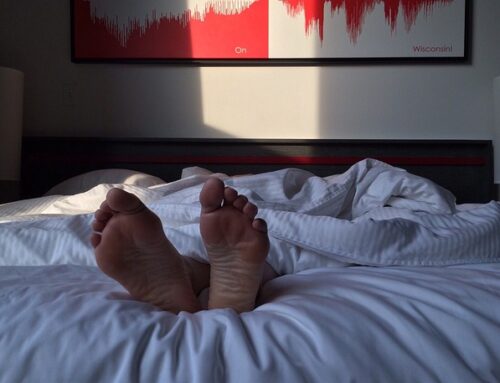When our patients are missing teeth, many might turn to dental implants for a more permanent solution. And that’s great, but what if something is changing the permanence of those dental implants? In a study from the Journal of Oral Implantology, the impact of obstructive sleep apnea (OSA) on dental implants was investigated, and they found a connection. If we can treat our patients’ sleep apnea to prevent harming their dental implants, we can continue to help them smile for longer.
The Study
Researchers looked at how OSA affects implant-borne prostheses, and the frequency with which a complication occurred was studied in 67 different patients. The researchers found a high instance of complications related to OSA, which means we need to pay closer attention to our patients’ oral health when they have dental implants and/or suffer from sleep apnea.
Of the 67 patients studied, about 16 experienced complications with their dental implants. In fact, 13 of those had OSA. Among the 16 patients with complications, there were 22 prostheses with a total of 30 issues, including:
- Porcelain Fracture
- Facture of the Screw/Implant
- Loosening of the Screw
- Decementation
The average time for a complication to occur in patients with sleep apnea is about 73 months post-implantation–that’s a long time. In fact, about 81% of patients with OSA experienced complications with their dental implants–that number is far too high.
What Options are Available?
As you know, the availability of oral appliance therapy is essential in helping our patients find relief from sleep apnea. And now, it seems it can help to prevent further harm to their dental implants. It is also important to keep an eye on sleep bruxism, or bruxism in general, because this will be a leading cause of damage to dental implants, too.
We’ve got a lot on our plates when it comes to treating obstructive sleep apnea and sleep bruxism in our patients, but now we need to be on the lookout for complications with dental implants. Are you ready to take charge of your patients’ health even more? Good. So am I.
Let’s keep an eye on sleep apnea, sleep bruxism and dental implants. If we can pay extra attention to these patients, we can continue to not only improve their sleep, but their oral health as well. If you have any questions, please do not hesitate to contact me further. In the meantime, continue to seek advanced education by attending one of my upcoming lectures!





